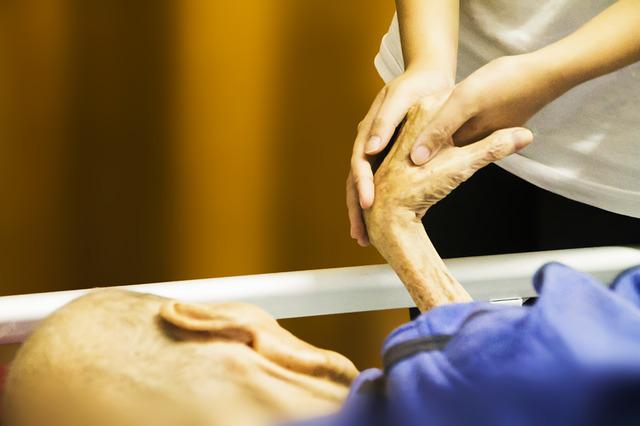
Many caregivers of elderly feel the responsibility to care for an older loved person as part of their job. While most family caregivers are female, men may feel the burden of caring for an elderly loved one more intensely. Some cultures view male caregivers as more burdensome than those who care for the elderly.
Male caregivers felt themselves more burdened then female caregivers
Akpinar Kucukguclu (and Yener) conducted a quantitative and cross sectional study. They found that male caregivers felt more burdened as caregivers to older adults than the caregivers of females. NPI, MMSSE, and Eyseneck personality tests were used to evaluate caregiver burden. The authors also used a Marital Satisfaction questionnaire to assess caregivers' quality of life.
Although elderly male caregivers felt more burdened that their female partners, they also said they used formal support more often then female caregivers. Researchers should investigate whether gender plays a role in caregivers' perception of burden, especially among male caregivers, in a clinical setting.
Another study found that male caregivers to the elderly who had been exposed to COVID-19 felt more burdened. However, those who adhered to traditional masculinity beliefs were less likely feel burdened. This highlights the mental burden associated caring for older people. This finding could be expanded in other countries that have similar care systems or manage pandemics.

Sons are primary family caregivers of the elderly
Sons and daughters-in-law provide care for older adults together. This makes it difficult to separate them. It is possible for caregivers to change roles throughout the course of the study, which could have an impact on the final results. Therefore, it is important to consider the family dynamics before making any conclusions about the role of sons in elder care.